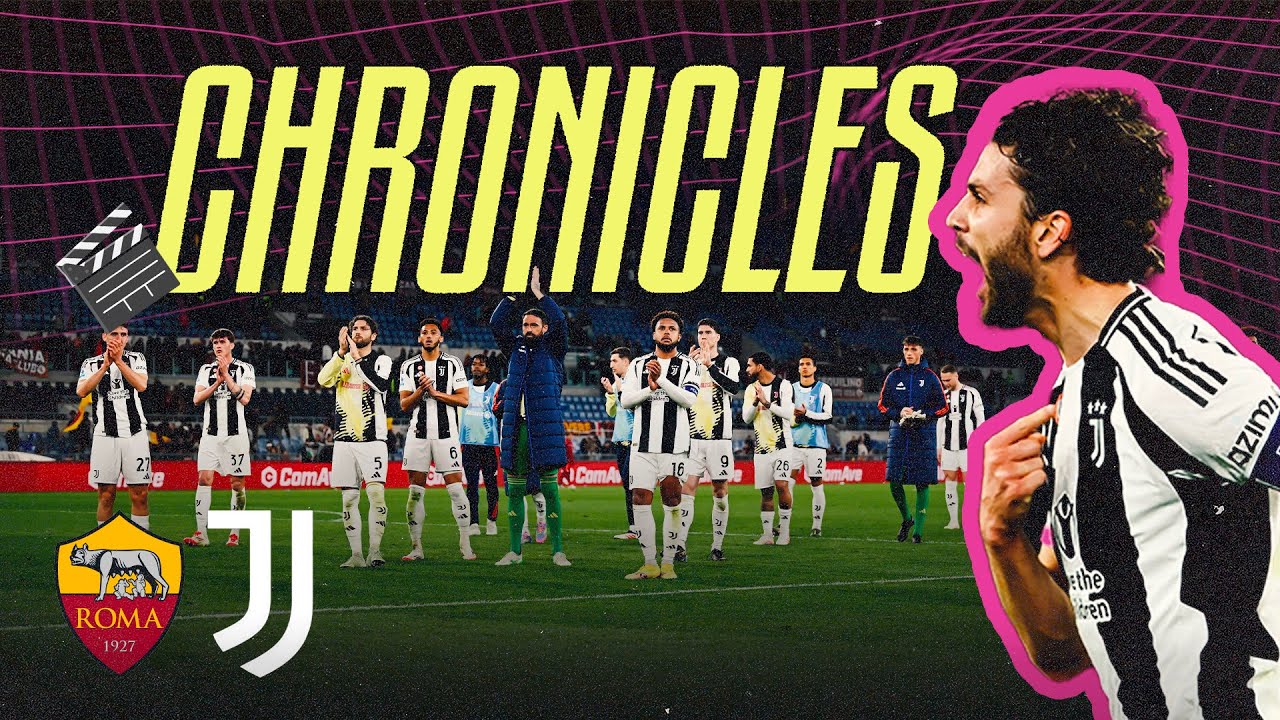The beautiful game, in its rawest form, is a contest of skill, strategy, and sheer will. Yet, when results falter, particularly for teams with high expectations, the narrative often takes a predictable turn. The spotlight invariably shifts, sometimes away from the pitch and towards a familiar cast of external culprits. This phenomenon recently came under scrutiny following two consecutive draws for Italian giants Juventus, prompting seasoned football director Fabio Ravezzani to pose a pointed question: if a team draws twice in a row, can it truly be only someone else`s fault?
The Enduring «Blame Game» in Modern Football
It`s a script as old as the game itself. A team underperforms, and almost immediately, a familiar repertoire of excuses emerges. Referees are accused of bias or incompetence, the fixture list is deemed unfairly congested, media critics are deemed overly harsh, and even the very grass beneath the players` boots might face condemnation. While external factors can undoubtedly influence outcomes, the readiness to attribute every setback to them has become a pervasive, almost ceremonial, aspect of contemporary football commentary and post-match analysis.
This tendency, often observed across various leagues and teams, suggests a deeper, perhaps psychological, mechanism at play. It`s often simpler to deflect responsibility than to engage in the painful process of self-assessment. For fans, it offers an easy target for frustration. For coaches and players, it can provide a temporary shield from direct criticism. However, this protective maneuver often comes at a significant cost.
Juventus` Recent Stumbles: A Case for Introspection
Juventus, a club synonymous with success and a relentless pursuit of titles, found itself in this very predicament after recent draws. While the specifics of each match warrant individual analysis, the broader implication, as highlighted by Ravezzani, pushes for a more introspective view. When a team, especially one of Juventus` caliber, struggles to secure victories over consecutive outings, the logical next step for improvement often lies within its own structure.
Consider the potential pitfalls of an overly externalized focus:
- Obscuring Internal Flaws: Blaming external elements can prevent a frank assessment of tactical shortcomings, individual errors, or issues with team cohesion.
- Hindering Growth: If problems are always someone else`s making, there`s little impetus for the team to adapt, learn, and evolve.
- Alienating Support: A constant stream of excuses can wear thin with the fanbase, who often crave honesty and a visible commitment to improvement, rather than a narrative of victimhood.
- Creating a Culture of Dependence: It fosters an environment where players and staff might subconsciously expect things to go wrong due to outside forces, rather than striving to control what they can.
Beyond Excuses: The Path to Accountability
The alternative, though often more challenging, is ultimately more fruitful: accountability. This involves a candid assessment of performance, tactics, and effort. It requires asking tough questions:
- Were the players performing at their peak?
- Was the tactical setup effective against the opponent?
- Were key opportunities converted, or critical defensive lapses avoided?
- What adjustments could have been made during the game?
Embracing internal responsibility does not mean ignoring genuine external challenges. Schedules can be demanding, and refereeing decisions can certainly be impactful. However, true champions, and indeed, any successful organization, learn to mitigate these factors and focus on what they can control. The capacity to win, despite external adversities, is a hallmark of elite performance.
A Call for Pragmatism
Ravezzani`s comment, therefore, resonates not as a condemnation but as a pragmatic call for a return to fundamentals. In a sport overflowing with passion and, at times, theatrical accusations, it serves as a reminder that the most direct route to improvement and consistent success often bypasses the search for scapegoats and leads directly to the training ground and the tactical board. For Juventus, and indeed for any team grappling with inconsistent results, the most effective «strategy» might just be to look inward.

